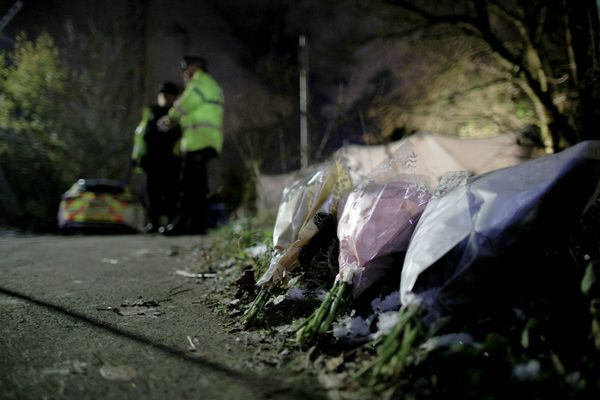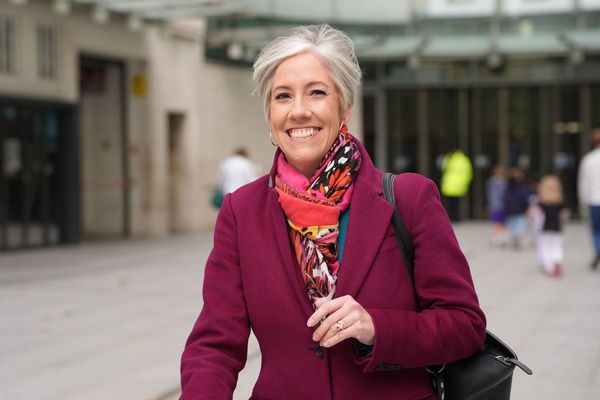
If there’s one truth I’ve delivered countless times in my career as a feminist and abortion rights activist it is that the assault on a woman’s right to choose in the United States has nothing to do with rescuing foetuses.
It’s about controlling the lives of women.
Don’t take my word for it. Academics who interviewed the leaders and foot soldiers of the American anti-choice movement in the 1980s say the same. “While on the surface it is the embryo’s fate that seems to be at stake,” writes Kristin Luker in Abortion and the Politics of Motherhood, “the abortion debate is about the meanings of women’s lives.”
Faye Ginsburg, author of Contested Lives agrees that while anti-choice women see their rejection of abortion as a positive assertion of traditional feminine values like nurturance, “by contrast, women who abort or advocate abortion are marked as `unfemale’.”
My interviews with Australian anti-choice activists in the 1990s showed the same thing: anti-choice women see themselves as “good” women willing to prioritise motherhood over ambitions for education or work, while women who chose abortion were “selfish” career-focused “feminists” who wanted to play without paying.
The role of a politicised Christianity can’t be understated. To have in-group solidarity, some must be on the outer. While American Christians had long relied on racism to serve this end, the government’s enforcement of the Supreme Court’s ruling against school segregation in the 1970s caused hysteria among religious parents, though their leaders understood that, “building a new movement around the burning issue of defending the tax advantages of racist schools” wasn’t a viable national political strategy.
So perhaps with the past success of the witch-burning movement in mind, they moved the target to the backs of American women instead.
Is Australia any different? Are we, as Prime Minister Anthony Albanese suggested yesterday, immune to the cynical deployment of one of the world’s oldest prejudices — misogyny — to serve partisan interests?
Absolutely not. As the Minister for Women Katy Gallagher said, Australians must “remain vigilant because hard-fought-for wins before our parliaments can be taken away easily”. She should know. Gallagher and her colleague Wayne Berry spent years battling anti-choice politicians in the ACT before finally succeeding in extracting abortion from the territory’s criminal law in 2002.
But Gallagher’s statement also points Australian women to our true cause for optimism that the nightmare enveloping our American sisters will not happen here. It’s the difference in how our rights to choose have been won, namely state by state and territory by territory as a result of truly local campaigns that went on for years, collecting signatures on petitions, passing out leaflets, holding rallies and holding education campaigns for MPs until a real change of hearts and minds was achieved.
These solid and sustainable majorities in support of women’s rights and human rights provided the cover politicians needed to debate the issues in Parliament and pass change into law — change that can’t be simply reversed by the stroke of a pen, which is how Roe v Wade came into existence, and has now met its untimely end.







